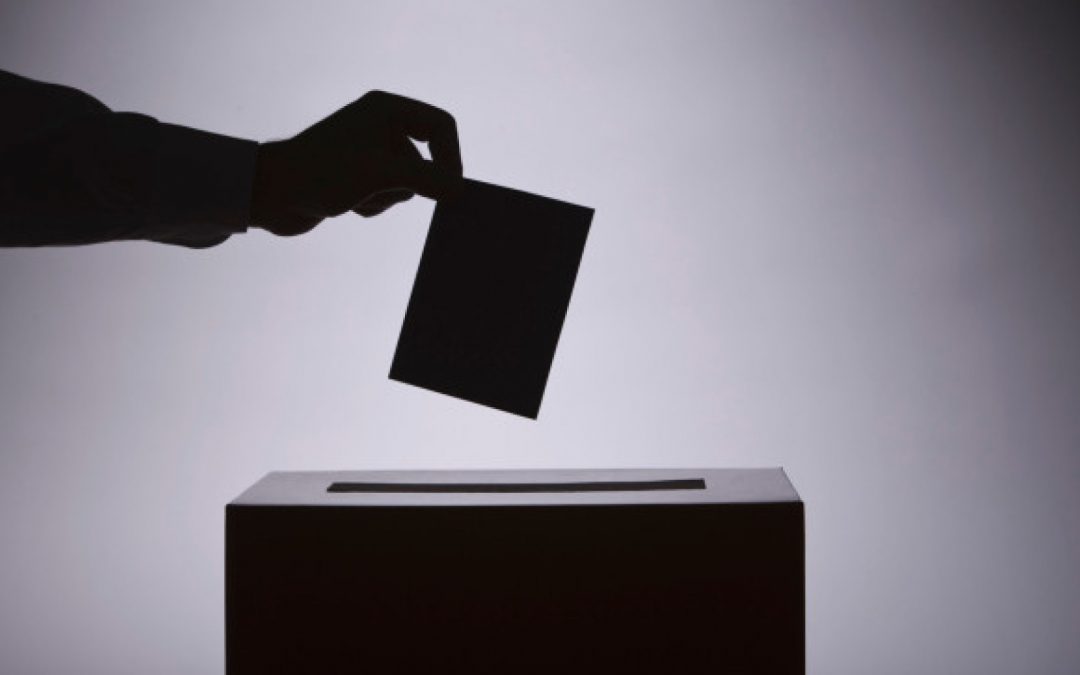Washington, D.C.—El pasado 21 de septiembre, el Consejo Nacional Electoral (CNE) anunció una serie de requisitos para la recolección de firmas para un referéndum revocatorio acerca de la presidencia de Nicolás Maduro.
WOLA (la Oficina en Washington para Asuntos Latinoamericanos) respeta los grandes avances que ha hecho el CNE en extender el derecho al voto a poblaciones anteriormente excluidas y la automatización del proceso en los últimos quince años. Sin embargo, estas condiciones, aunadas a los numerosos obstáculos en el proceso que las autoridades han creado hasta el momento, parecen estar injustamente diseñados para asegurar que tal referéndum no se produzca este año.
Por lo tanto, WOLA insta a la CNE a respetar las normas constitucionales y usar su plena capacidad técnica para avanzar el proceso del referéndum de una manera oportuna. Instamos lo siguiente
- Que, de acuerdo con la constitución venezolana, el CNE aclare que la recolección de firmas de 20 por ciento del electorado debe ser medido a nivel nacional y no al nivel de los estados individuales.
- Que el CNE aumente el número de máquinas de votación y centros de votación disponibles para este proceso. Aunque las autoridades electorales tienen más de 14.000 centros de votación a su disposición, han dicho que van a utilizar 1.356 de ellos, equipados con solo 5.392 máquinas para recoger las más de 3,9 millones de firmas necesarias para el referéndum. Las normas establecen que tiene derecho acudir a los centros todos los venezolanos que aparecen en el Registro Electoral.
- Que el CNE modifique su cronograma para la verificación de los resultados de la recolección de firmas, y dedique todos los recursos disponibles con el fin de hacerlo de una manera oportuna. Las autoridades han dicho que los resultados de la recolección de firmas se determinarán a finales de noviembre, pero esta larga demora es innecesaria. El CNE ya ha demostrado contar con la capacidad técnica para determinar resultados prontamente en eventos electorales más complejos y amplios que este, y debe aplicar esta capacidad al proceso de referéndum.
- Finalmente, si todas las condiciones anteriores se cumplen, estamos convencidos de que, de superarse el 20% del electorado en la recolección de solicitudes del referendo revocatorio, a nivel nacional, el CNE podría organizar un referéndum revocatorio la primera quincena de diciembre.
Como una organización líder en investigación e incidencia que promueve los derechos humanos en las Américas, WOLA no busca tomar posición en la política partidista, cosa que se debe reservar para los venezolanos. Más bien vemos un cercenamiento de un derecho humano fundamental, el derecho que tiene el pueblo de escoger a sus líderes y ejercer contraloría sobre ellos. El instrumento del referéndum revocatorio representa una expansión de los derechos políticos a raíz de la Constitución de 1999 y debe ser respetado. Instamos al CNE que garantice que el proceso del referéndum revocatorio se lleve a cabo apegado a las leyes y priorizando la expresión de la voluntad del pueblo
Authorities Should Facilitate a Timely Recall Referendum
Washington, D.C.—On September 21, Venezuela’s National Electoral Council (CNE) announced a number of requirements for the process of gathering signatures in support of a recall referendum regarding the Presidency of Nicolás Maduro.
WOLA (the Washington Office on Latin America) respects the significant advances that the CNE has made in expanding the right to vote among formerly excluded populations, and in facilitating the automation of the voting process over the last fifteen years. However these conditions, combined with the many hurdles that authorities have placed on the process so far, appear unjustly designed to ensure that such a referendum does not occur this year.
As such, WOLA urges the CNE to respect constitutional norms and use its full technical capacity to move the referendum process forward in a timely manner. We urge the following:
- That, in accordance with the Venezuelan constitution, the CNE clarify that the 20 percent threshold of signatures from the electorate should be measured at the national level, and not at the level of individual states.
- That the CNE increase the number of voting machines and voting centers available for this process. While electoral authorities have over 14,000 voting centers at their disposal, they have said that they will use 1,356 of them, equipped with just 5,392 machines to gather the more than 3.9 million signatures necessary to trigger the referendum. Electoral norms dictate that all Venezuelans who appear in the voting registry have the right to access voting centers.
- That the CNE modify its timeline for verifying the results of this signature drive, and devote all of its available resources in order to do so in a timely fashion. Officials have said that the results of the signature collection will be determined in late November, yet this long delay is unnecessary. The CNE has already demonstrated a technical capacity to quickly determine the results in more complicated and extensive electoral events than this, and should apply this capacity to the referendum process.
- Finally, if all of the above conditions are met we firmly believe that—provided that signatures are gathered from 20 percent of the electorate, nationwide—the CNE can organize a recall referendum to be held in the first half of December.
As a leading research and advocacy organization advancing human rights in the Americas, WOLA does not seek to take a position in partisan politics, which should be reserved for Venezuelans. Rather we are concerned with a curtailment of a fundamental human right, the right of the people to choose their leaders and exercise control over them. The instrument of the recall referendum represents an admirable expansion of political rights stemming from the 1999 Constitution and should be respected. We urge the CNE to ensure that the recall referendum process is carried out in accordance with the law and in a way that prioritizes the expression of the will of the people.

